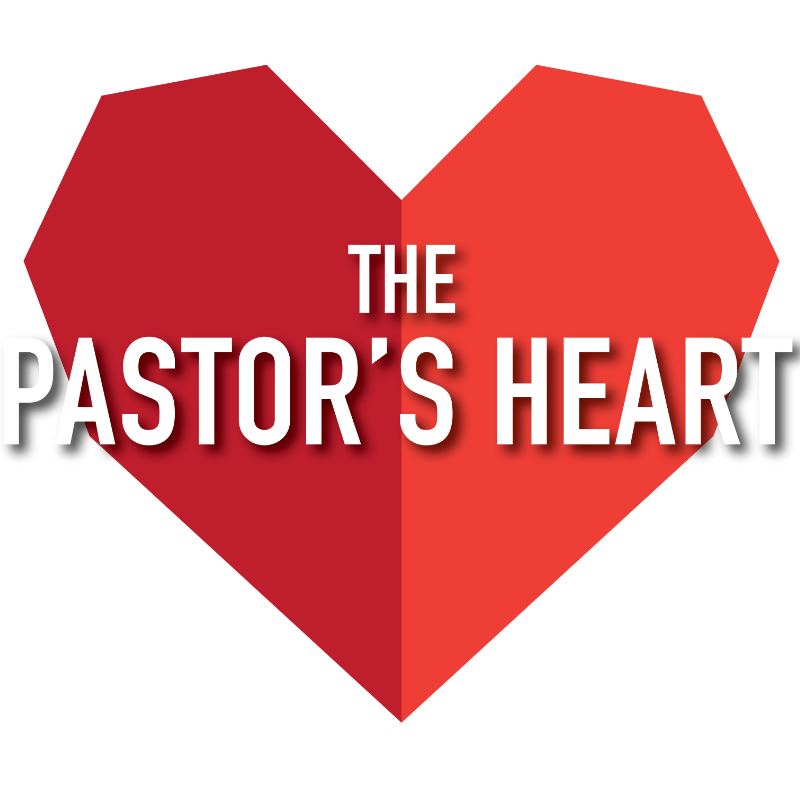How the Bible makes sense of modern life and culture - with Christopher Watkin
How does the Bible’s unfolding story makes sense of modern life and culture?
Christopher Watkin, who lectures in Philosophy at Monash University, has a new book out that paints a picture of a Biblical Theological worldview and interacts well along the way with all the major thinkers of the age.
Chris has done us pastors a significant service here.
One of my friends has called it the most helpful book for those of us in pastoral ministry since Don Carson’s late 1990’s contribution, The Gagging of God.
What is the difference between living in a universe where everything personal reduce to the impersonal and living in a universe where everything impersonal is transfigured by its personal origin?
How do the biblical ideas of transcendence and immanence differ from their extrabiblical namesakes?
In what ways does the biblical account of humanity challenge Thomas Hobbes’ understanding of human worth?
What are the main reasons why the Bible’s account of sin is one of the great overlooked resources for cultural engagement?
Why is AUTONOMY such an important dogma for the Enlightenment? What are some of the main points to make in a biblical assessment of the concept of human autonomy?
Why is the biblical asymmetry of good an evil such an important truth for Christian cultural critique?
In what ways does the doctrine of wretchedness of humanity testify to human dignity?
What is meant by viewing the Christian experience of this life as ‘being towards fulfillment’ vs being towards yes’ ?
How does the Biblical idea of covenant diagonalize the different social contract theories of Hobbes and Rousseau?
In what way is our knowledge of ultimate things U-shaped in the Bible? What difference does that make to our view of ourselves and God?
How are the genre, language and content of the gospels politically subversive?
What is the ‘great reversal’ and how has it shaped the outlook and assumptions of the west?
You say ‘late modernity puts the logic of super abundance in the service of the logic of equivalence.’ What did you mean by that? How does the bible challenge this?
How does the church nuance and complexify the simple modern relationship between the individual and the state?
***



